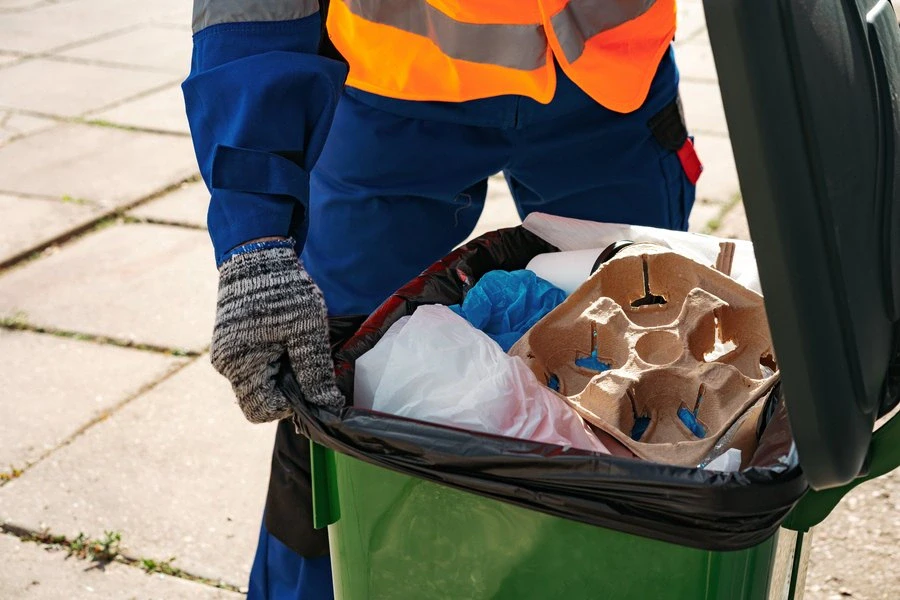Why Efficient Debris Management Matters in Flood Cleanup
Water damage is a daunting challenge for homeowners and businesses alike. When flooding occurs, the aftermath leaves behind an overwhelming amount of debris and waste. Effective management of this mess is crucial to restore safety and order. This process not only involves cleaning up water but also removing damaged goods, furniture, and building materials. Proper disposal ensures that recovery is swift and reduces further risks such as mold growth or structural damage.

The Importance of Timely Waste Removal
Fast action in trash removal during water damage recovery can make all the difference. Debris left unattended can harbor bacteria and other harmful pathogens. Additionally, large piles of waste can obstruct work areas, slowing down the repair process. Engaging a professional trash removal service ensures that the cleanup is efficient and thorough, allowing restoration efforts to proceed unhindered.
Cleaning up After Water Damage: Challenges Faced
Dealing with the aftermath of water damage presents numerous challenges. From sorting out what can be salvaged to safely disposing of hazardous materials, every step requires careful planning. Professional services are equipped to handle these tasks efficiently. They know how to differentiate between items that can be saved and those that must be discarded, ensuring compliance with environmental regulations.

Benefits of Using Professional Services
Using a trash removal service provides several advantages over handling it alone. Firstly, they have the necessary equipment and expertise to tackle large-scale cleanups. Secondly, they ensure that all debris is disposed of legally and safely, reducing liability concerns. Finally, their efficiency saves time and allows property owners to focus on rebuilding rather than worrying about waste management.
Steps Involved in Effective Debris Removal
Effective debris removal after water damage involves several critical steps:
- Assessment: Evaluate the extent of damage and identify salvageable items.
- Sorting: Separate materials based on their condition and material type.
- Disposal: Transport non-reusable items to appropriate waste facilities.
- Sanitization: Clean the area thoroughly to prevent health hazards.
Regulatory Compliance in Waste Disposal
Compliance with local regulations is essential when dealing with water damage debris. Different materials require different disposal methods, especially hazardous items like electronics or chemicals. A knowledgeable service provider will understand these rules and ensure all waste is handled correctly, avoiding potential fines or legal issues.
Cost Factors to Consider
The cost of water damage cleanup can vary widely based on several factors. The extent of the damage, type of materials involved, and urgency of cleanup all play a role. While hiring professionals might seem more expensive upfront, it often proves cost-effective by preventing further damage and speeding up recovery time. Investing in quality service means peace of mind and faster return to normalcy.
Partnering With Experts for Successful Recovery
Choosing reliable partners for your cleanup needs is vital. Based in Bronx, NY, our team understands the intricacies of water damage recovery. By calling (929) 660-1708, you connect with seasoned experts who prioritize both efficiency and safety. At J&H Junk Removal, we are committed to providing exceptional service, guiding you through each stage of recovery seamlessly.